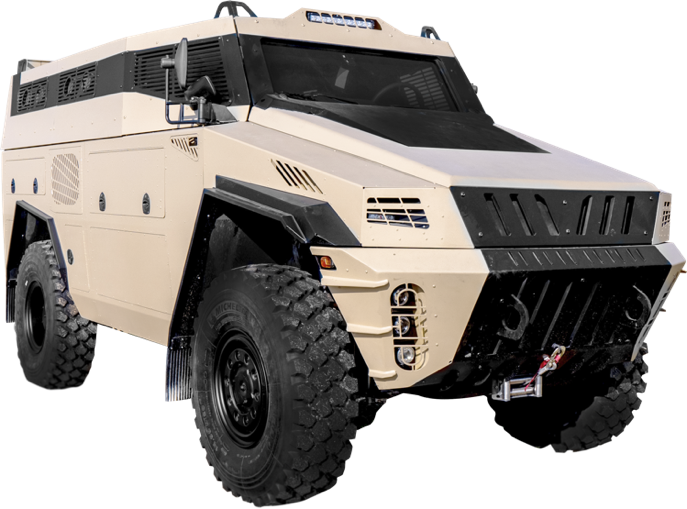
In an increasingly uncertain world, the need for security and mobility in challenging environments has driven the development of armored personal carriers (APCs). These versatile vehicles are designed to transport troops and personnel while protecting a range of threats. In this article, we explore the world of the best armored personnel carrier, its history, uses, and importance in modern military and security operations.
Versatile mobility:
APCs are renowned for their ability to navigate challenging terrains while offering protection to the occupants. They are typically designed with tracked or wheeled configurations, depending on the mission requirements and the terrain they will encounter. This versatility allows them to perform various roles, from transporting infantry to reconnaissance and medical evacuation.
Protective armor:
The defining feature of armored personal carriers is their protective armor. These vehicles are built to withstand small arms fire, shrapnel, and chemical, biological, radiological, and nuclear (CBRN) threats. The armor is strategically placed to provide maximum protection to the occupants, allowing them to move through hostile environments with confidence.
Transporting troops and personnel:
The primary purpose of APCs is to transport troops and personnel safely to and from the battlefield. They offer seating and accommodations for soldiers and support staff, ensuring that they arrive at their destination ready for action. APCs can carry varying numbers of passengers, from smaller, more agile vehicles to larger transporters capable of moving entire squads or platoons.
Adaptability in combat and peacekeeping operations:
APCs have proven their worth in various military and peacekeeping operations worldwide. They are utilized for tasks such as patrolling, convoy protection, and providing a secure platform for firepower when needed. In peacekeeping missions, APCs help maintain order and protect civilians in conflict zones.
Specialized variants:
The adaptability of APCs extends to their specialized variants, catering to specific mission requirements. Some carry anti-aircraft weapons, missile launchers, or mortar systems, adding offensive capabilities to their repertoire. Others are equipped with medical facilities for casualty evacuation, command and control systems, or engineering equipment for route clearance.
Modern innovations:
As technology advances, APCs continue to evolve. Recent innovations include improved armor materials, advanced communication systems, enhanced mobility through hybrid propulsion, and integrated electronic warfare capabilities. These technologies ensure that APCs remain effective in the face of emerging threats.






